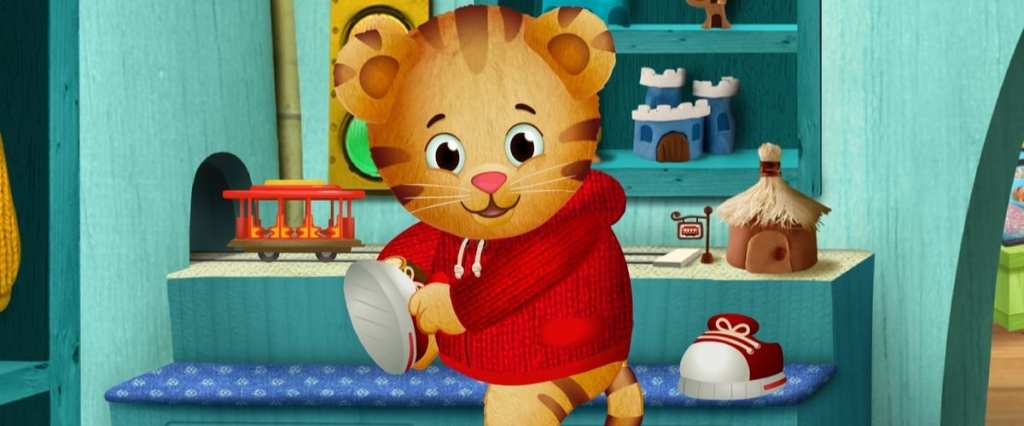You might think that a cast of characters led by a boy tiger who doesn’t wear pants would be full of levity and light, but like Mr. Rogers before him, Daniel Tiger does his best to bring a dose of much-needed reality to children’s programming.
It’s good, you see, because here’s the thing: no matter how many pups save the day or guppies sing and dance, kids live in the real world. And while some of them are lucky enough to come to the television as a way to escape (and allow their parents to do the same for twenty blessed minutes), others are looking for answers, and for help understanding the difficult worlds they find themselves navigating at a young age.
https://www.instagram.com/p/BzgUsWrghGU/
But even if your toddler is the picture of emotional health and your house is the most stable one on the block, guess what? Toddlers have a lot of feelings. Like, a lot. All the time. And they don’t have the slightest idea how to manage them.
Daniel Tiger’s Neighborhood doesn’t take their daily disappointments – from not being able to go to the park because Dad’s busy, to not being able to play outside because it’s raining, to getting angry with another child for not sharing a toy – lightly. Those situations, and those feelings, are big and real to toddlers, a fact that the show’s creators and writers seem to inherently get.
https://www.instagram.com/p/BzErYw2A54b/
“Every script is reviewed by experts in the field of child development,” producer Christopher Loggins told Fatherly. “Some of whom worked directly with Mr. Rogers on his program. For instance, Hedda Sharapan; she’s been with Fred Rogers Productions for 40 years. She’s been participating in all of the script meetings. We want to make sure we’re writing the stories and having the characters speak and interact in a way that is appropriate and easily understood by children.”
The child animals on the show go through emotions like the toddlers and preschoolers watching. When disappointed or angry they whine, act out, and pitch fits. But as the episode wears on an conflicts, one-by-one, are resolved, they model good behavior.
https://www.instagram.com/p/BxqgIc2BlX_/
Not only that, but most episodes provide a handy, catchy, relatable song that can help kids (and parents) navigate these feelings when they inevitably crop up, most likely later that same day.
“With a Little Help You Can Be Brave,” “Look For Something To Do,” “Take a Step Back and Ask,” “Grown-ups Come Back,” and “Before You Take Something Away,” are all songs that can remind children that they’re not alone, as well as giving them a nudge as to how best to handle tough situations.
The songs, too, Loggins says are very intentional.
https://www.instagram.com/p/BxCoRdqDVwu/
“After writing the story and the song, we’ll take it out and present to a group of children and be watching for their engagement and their level of involvement with the story comprehension of what we call ‘the strategy’; the little jingle that’s repeated in every episode. So, we try to find a balance between entertainment and social and emotional learning.”
Instead of providing a break from the powerful, whirlwind emotions that dominate your preschooler’s mind, Daniel Tiger immerses them in their own, raw world. The magic, though, is in how it treats those feels with the seriousness they deserve, treating them like the human beings they are, while giving kids and adults some extra tools to make those big feelings more easily navigated at home.
Which is all to say, if you’re looking for some great content to give your little ones when they begin to enjoy screen time, Daniel Tiger is a great, if serious, choice.






